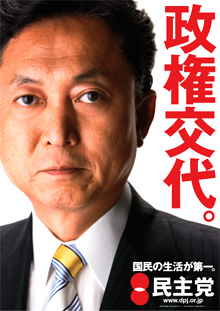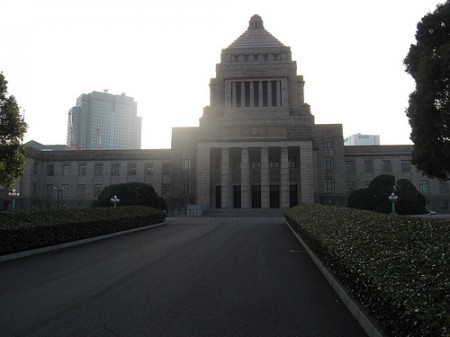
Change had been predicted, change occurred. Parliamentary elections in Japan brought two victors: First, the Democratic Party of Japan (DPJ), which won almost two thirds of the seats in the House of Representatives. Second, opinion pollsters, who predicted the Liberal Democratic Party (LDP) would be defeated. My skepticism towards the opinion polls proved unjustified.
In the latest edition of ISN Podcasts, I talked to Dan Harada, an insider to Japanese politics, about the elections and their implications. According to him, the DPJ now faces a dilemma: On the one hand, the new government needs to fulfill its election pledge and strengthen the role of politicians in lawmaking at the cost of bureaucrats. On the other hand, the DPJ needs to cooperate with the bureacracy in order to realize their policies.



